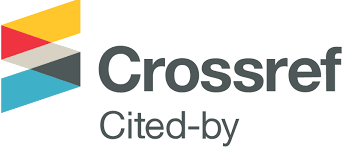Extended Abstract: Food loss and waste (FLW) is a global problem with an enormous magnitude: about one third of the food produced globally is lost or wasted. FLW has not only substantial economic but also social and environmental consequences. While food loss takes place at the production, post-harvest and processing stages in the food supply chain, food waste refers to the loss of edible foods at the retail and consumption stages (Food and Agriculture Organization of the United Nations). In this article, we focus on the problem of food waste. Although not the main source of food waste in relative terms, retailers have a major role to play in food waste mitigation and stand to benefit from it. Because of their unique position in connection to suppliers and consumers, retailers can play an important role in mitigating food waste at all stages of the food supply chain. They can incentivize upstream suppliers to reduce the resources and materials used in food productions and minimize negative environmental impacts. Toward the downstream, retailers can leverage marketing actions to enable and encourage consumers’ sustainable purchase and consumption behaviors. Recognizing the urgency of the problem, many retailers have already taken actions to mitigate food waste. We highlight the two most important categories of practices, which are 1) waste reduction and prevention, and 2) surplus food reuse.
Given the important role of retailers in the food supply chain, we believe that marketing scholars have the opportunity to make significant contributions to addressing the global food waste challenge. Our discussion will focus on how to mitigate food waste in retail outlets and by consumers through leveraging digital technologies and marketing knowledge. We first outline the economic, social, and environmental impacts of food waste, and then synthesize current mitigating practices by retailers. We discuss several technologies that are particularly important for mitigating food waste: RFID and blockchain, data analytics and AI, and digital platforms. We propose five areas that offer opportunities for future research and actions on food waste mitigation: 1) standardizing food waste measurement, 2) optimizing the utilization of food close to expiration dates, 3) amplifying good practices among large retailers in high-income countries to small retailers and retailers in low and middle income (LMI) countries, 4) retail intervention programs to encourage sustainable purchases and consumptions, and 5) reducing food waste at the post-purchase stage.
Funding statement
The author(s) received no financial support for the research, authorship, and/or publication of this article.
Conflict of interest
The author(s) declared no potential conflicts of interest with respect to the research, authorship, and/or publication of this article.





